Whether you want to launch an empire or become the best in your field, who better to consult than those who’ve achieved the peak of professional and financial success?
That’s why we’ve rounded up 15 books by self-made billionaires. Learn how these masters of industry achieved the impossible, in their own words.
The Virgin Way by Richard Branson
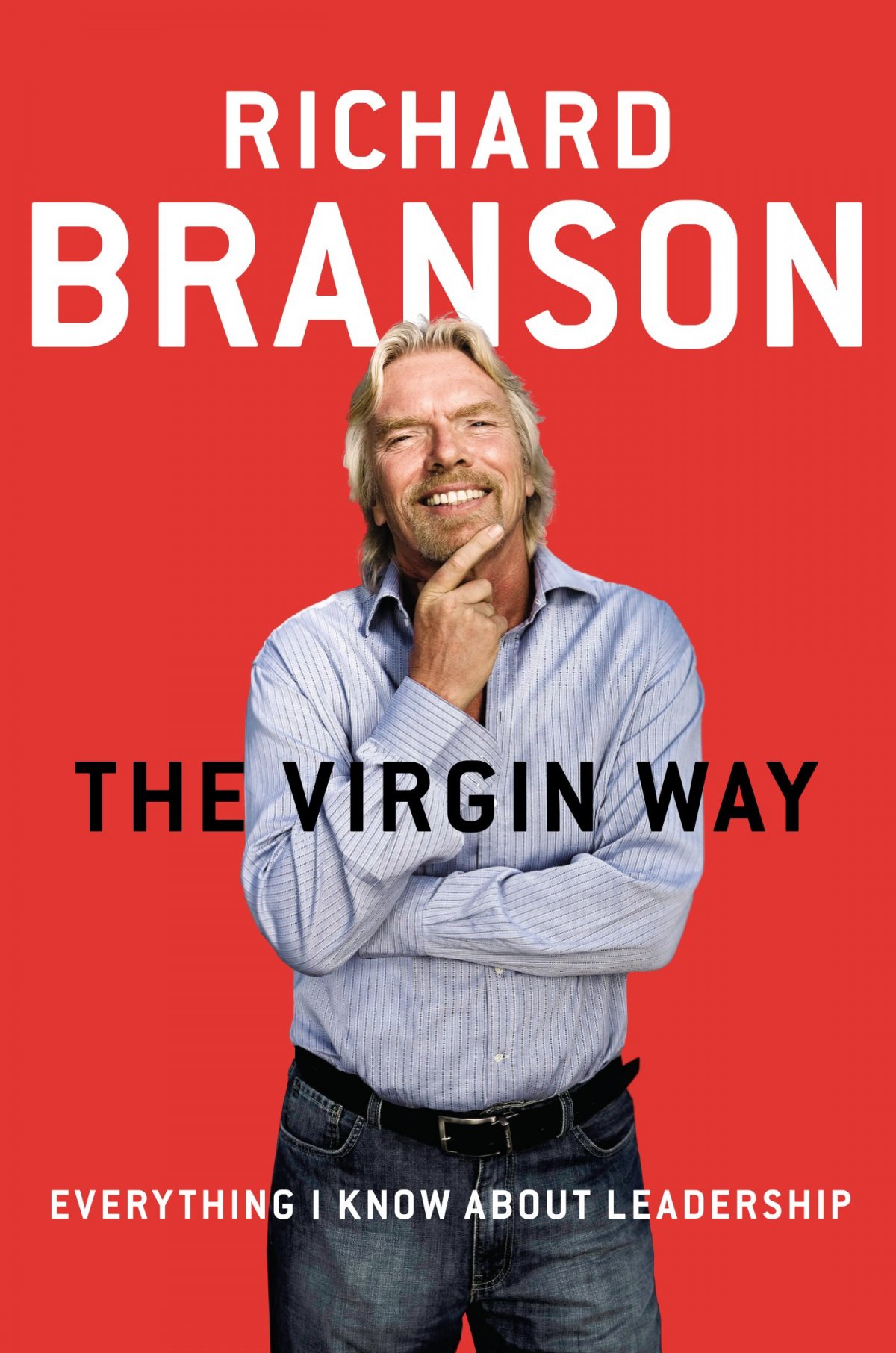
Although Branson confesses he’s never read a book on leadership, his nearly 50-year entrepreneurial career has taught him a thing or two about building a business.
In “The Virgin Way,” the billionaire founder of Virgin Group offers lessons on management and entrepreneurialism, including the importance of listening to others and hiring the right people. Branson is honest about his successes as well as his failures, such as underestimating Coke’s influence when he tried to launch Virgin Cola in the 1990s.
Overall, the book is a compelling glimpse into the life of someone who’s never shied away from a challenge.
Onward by Howard Schultz

After resigning as Starbucks CEO in 2000, Schultz returned to the post in 2008, just as the company was struggling through a financial crisis. “Onward” details how the billionaire brought the global coffee chain back to life.
Readers will learn how Schultz made tough decisions — like temporarily shutting down more than 7,000 US stores — in order to help Starbucks grow without neglecting its core values. They’ll learn, too, about Schultz as a person, as he weaves together his unique business strategy with anecdotes about growing up in Brooklyn, New York. It’s an honest and passionate recounting that will inspire entrepreneurs and everyone else to be brave in the face of adversity.
How to Win at the Sport of Business by Mark Cuban
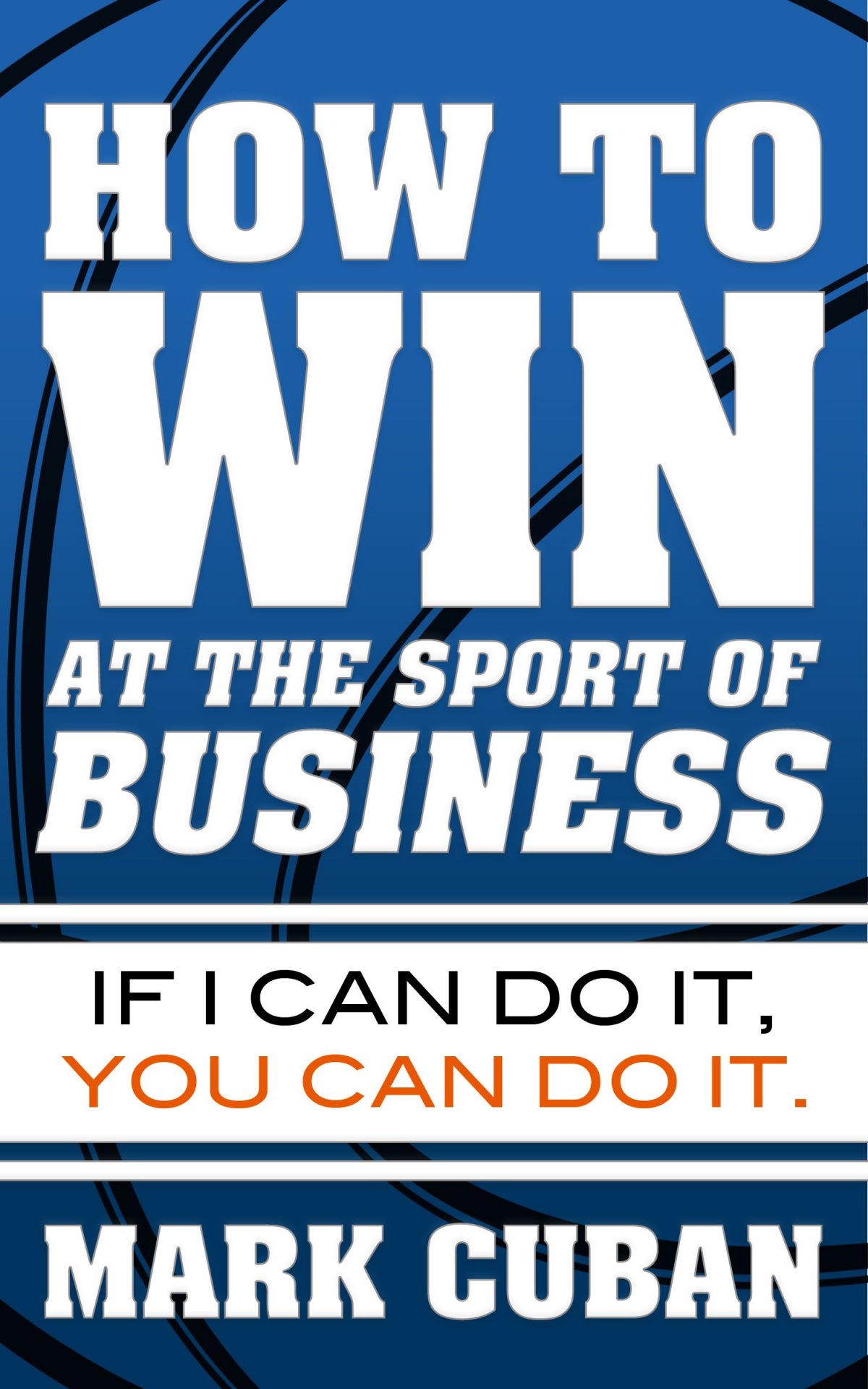
In “How to Win at the Sport of Business,” Dallas Mavericks owner and “Shark Tank” investor Cuban fleshes out his best insights on entrepreneurialism from his personal blog.
He writes candidly about how he progressed from sleeping on his friends’ couches in his 20s to owning his own company and becoming a multi-billionaire. It’s a story of commitment and perseverance — Cuban writes that even though he didn’t know much about computers, he beat his competition because he spent so much time learning about the software his company sold.
The Essays of Warren Buffett by Warren Buffett
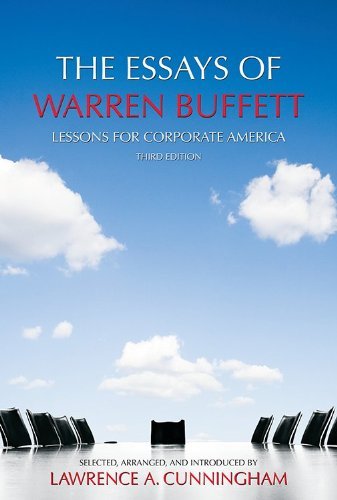
The 84-year-old chairman and CEO of Berkshire Hathaway is considered one of the greatest investors in history.
This book is a collection of Buffett’s letters to Berkshire Hathaway shareholders. Each one explains a different facet of his business and investment philosophies. While the topics might seem complex, the billionaire’s writing is easy to read, and he often explains concepts through personal anecdotes.
Business @ the Speed of Thought by Bill Gates
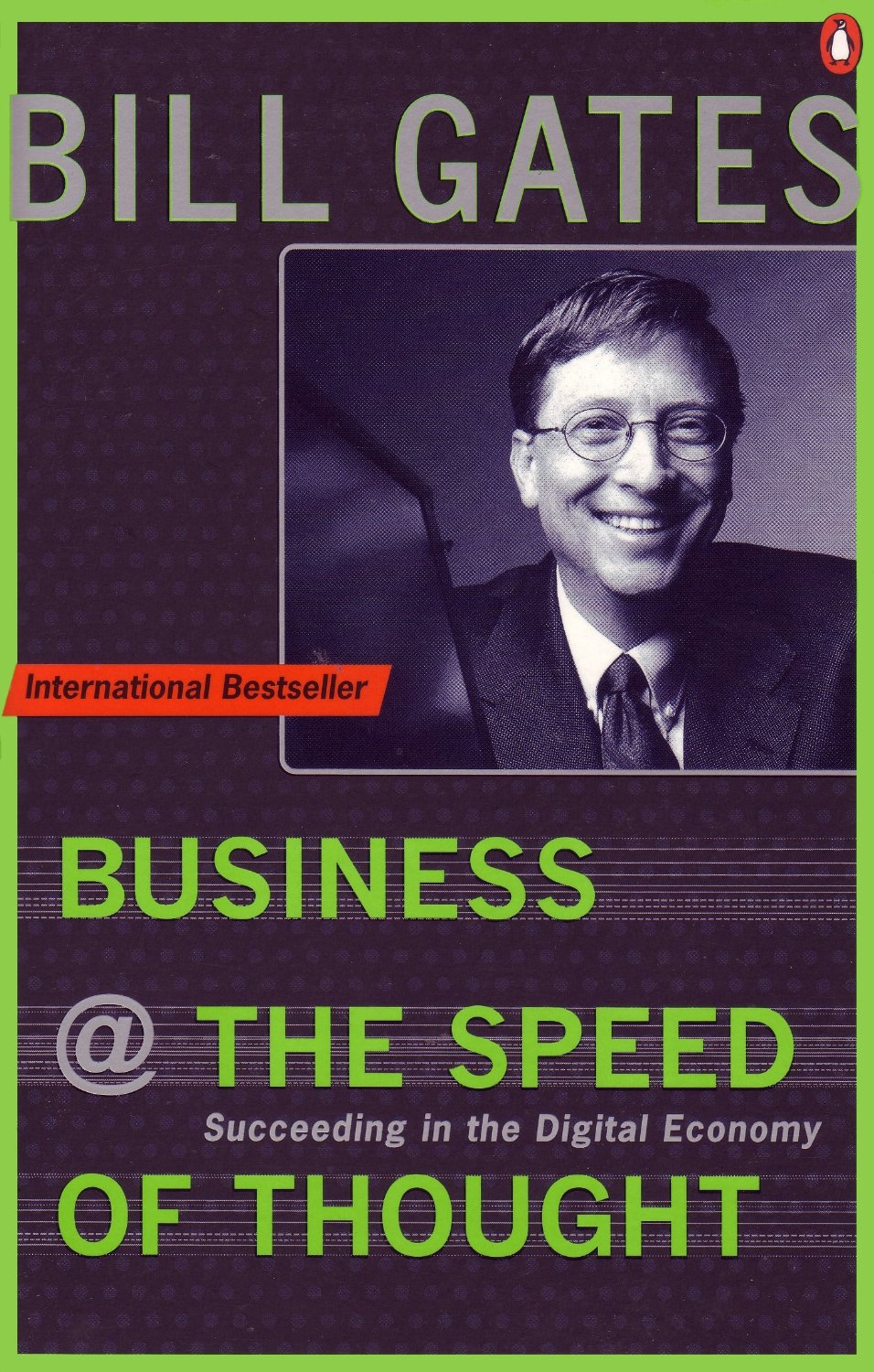
With a net worth of $79 billion, Forbes estimates the Microsoft founder is the richest person in the world. In “Business @ the Speed of Thought,” Gates explains how business and technology are inextricably linked.
Using examples from companies like Microsoft and GM, Gates suggests that businesses see technology as a way to enhance their operations. While the book was initially published in 1999, many of Gates’ insights remain accurate and relevant today.
Bloomberg by Bloomberg by Michael Bloomberg
Published in 1997, five years before he became mayor of New York City, Bloomberg’s autobiography details how he built a media empire.
He guides readers through the highlights of his career: how he rose to success at Salomon Brothers, how he was fired from Salomon Brothers in 1981, and how he used part of his severance pay to create the company that is now Bloomberg LP. The book is chock full of valuable, honest insights on leadership and management, all based on Bloomberg’s personal experience.
Zero to One by Peter Thiel
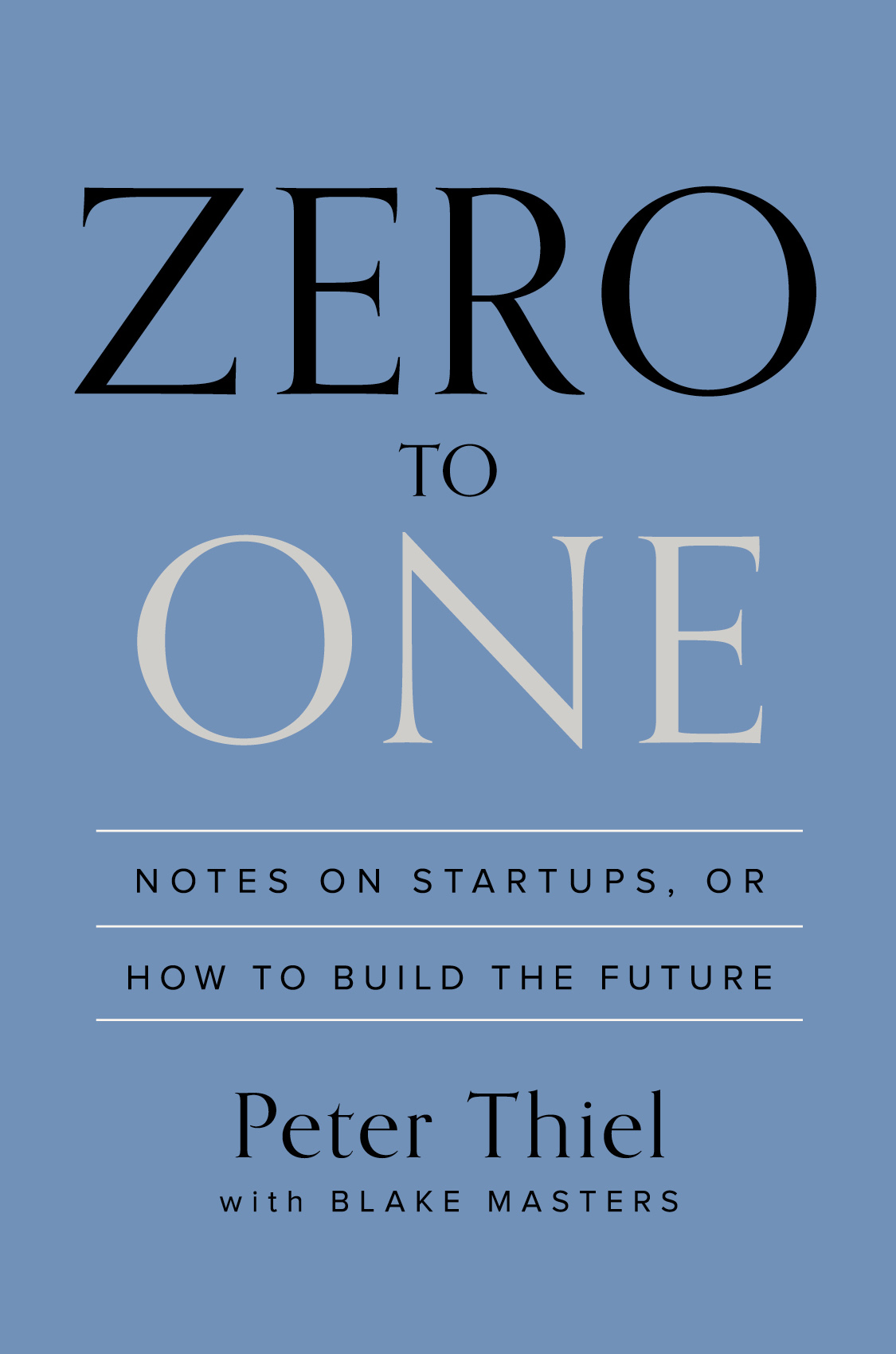
Zero to One starts from the controversial premise that “competition is for losers” and that entrepreneurs should instead aim to create monopolies.
Thiel, a founder of Paypal and the data analytics firm Palantir, highlights the importance of building something new and taking over the market, as opposed to simply adding to what’s already out there. Regardless of whether you agree with Thiel’s philosophy, the book is a clear read with tons of ideas worth discussing.
Call Me Ted by Ted Turner
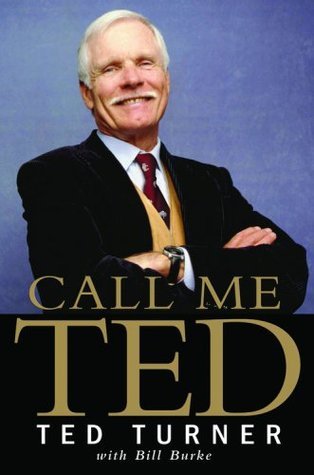
While Turner has led multiple entrepreneurial ventures, he’s perhaps best known as the founder of the first 24-hour cable news channel, CNN, and as the former owner of the Atlanta Braves.
In his autobiography, he outlines his unconventional path to success, from getting expelled from Brown University to running his father’s billboard company to turning a small news station into a media empire.
The book also features personal stories about Turner’s relationship with his father and the actress Jane Fonda, all of which paint a full picture of the dynamic billionaire.
Think Like a Champion by Donald Trump
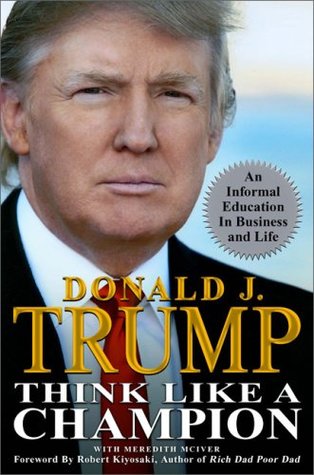
Think Like a Champion is a collection of the outspoken real-estate mogul’s essays on personal and professional success.
Each one combines anecdotes from his own experience with inspirational advice on everything from learning from your mistakes to confronting your fears. Acknowledging his own tendency toward self-promotion, he tells readers to “toot your own horn” when you deserve it.
The First Billion is the Hardest by T. Boone Pickens
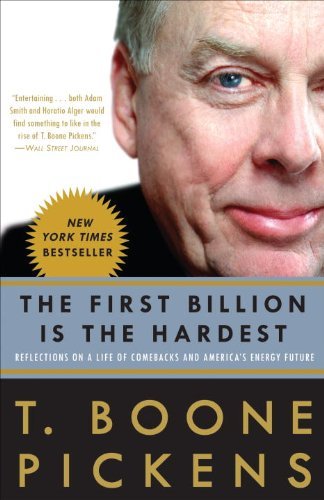
The First Billion is the Hardest tells the story of how the now 87-year-old chairman of BP Capital Management overcame personal and professional challenges to achieve tremendous success.
The narrative takes readers all the way from Pickens’ experience as a “corporate raider” in the 1980s to his late-life rebranding as an advocate for America’s energy independence. Each chapter starts with a “Booneism,” or a few words of wisdom on winning in life and business. Example: “I learned early on that you play by the rules. It’s no fun if you cheat to win.”
Soros on Soros by George Soros
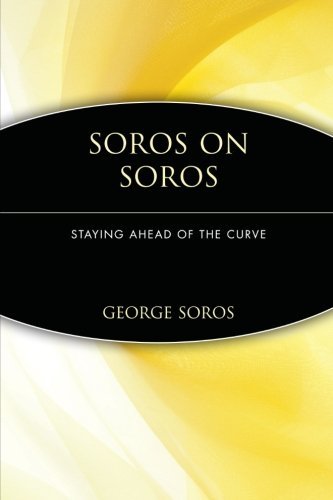
That Soros survived the Holocaust to become one of the world’s most brilliant investors is no small miracle. Readers learn about his career path in Soros on Soros, which is technically two extended interviews that combine personal anecdotes with theories on finance and politics.
Soros is honest about his successes and failures as founder and chairman of Soros Fund Management, and is hardly shy about submitting controversial opinions. It’s a compelling read, whether you’re interested in learning more about Soros himself or global finance and policy.
Direct From Dell by Michael Dell
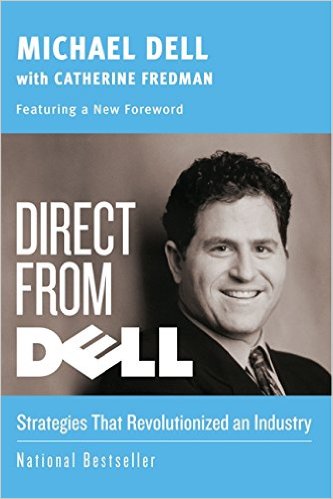
Dell dropped out of college at age 19 to found PC Limited, the business that is now Dell Computer Corp. At 27, he became the youngest CEO of a Fortune 500 company.
In Direct From Dell, the billionaire entrepreneur explains how he grew his business and the theory behind his unique management style. It’s an inspiring rags-to-riches story that also offers valuable leadership lessons.
Built from Scratch by Bernie Marcus and Arthur Blank
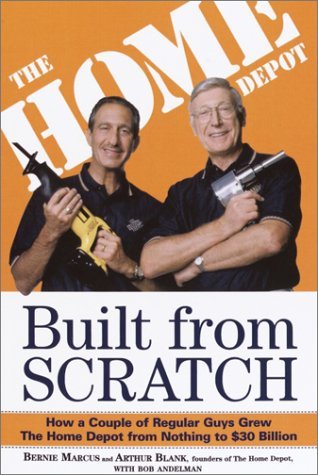
In Built from Scratch, Marcus and Blank chronicle how they changed their fate and turned their dreams into reality. After the two were fired from a home-improvement chain called Handy Dan in 1978, they decided to pursue their idea of creating a discount store. It was called Home Depot.
The book details the company’s founding and growth, and the authors draw on their own experience to provide meaningful lessons for any business leader, including the importance of knowing your customer and giving back to the community.
What I Know For Sure by Oprah Winfrey
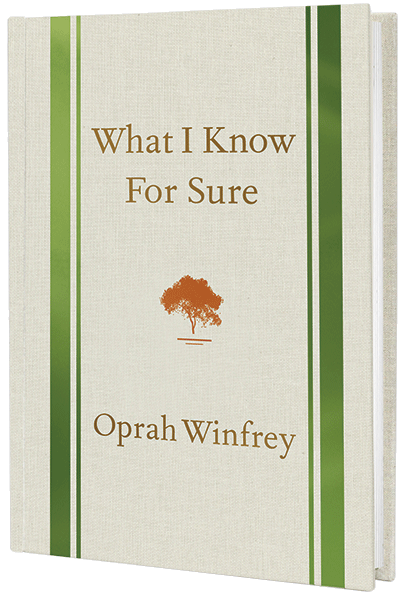
Few people have a better understanding of passion and dedication than Winfrey. Born into poverty, she launched a career as a talk show host, actress, and media mogul.
What I Know For Sure is a collection of her columns in O, The Oprah Magazine. Each one offers a different life lesson on topics including joy, gratitude, and power, often based on her personal experience.
Ralph Lauren by Ralph Lauren
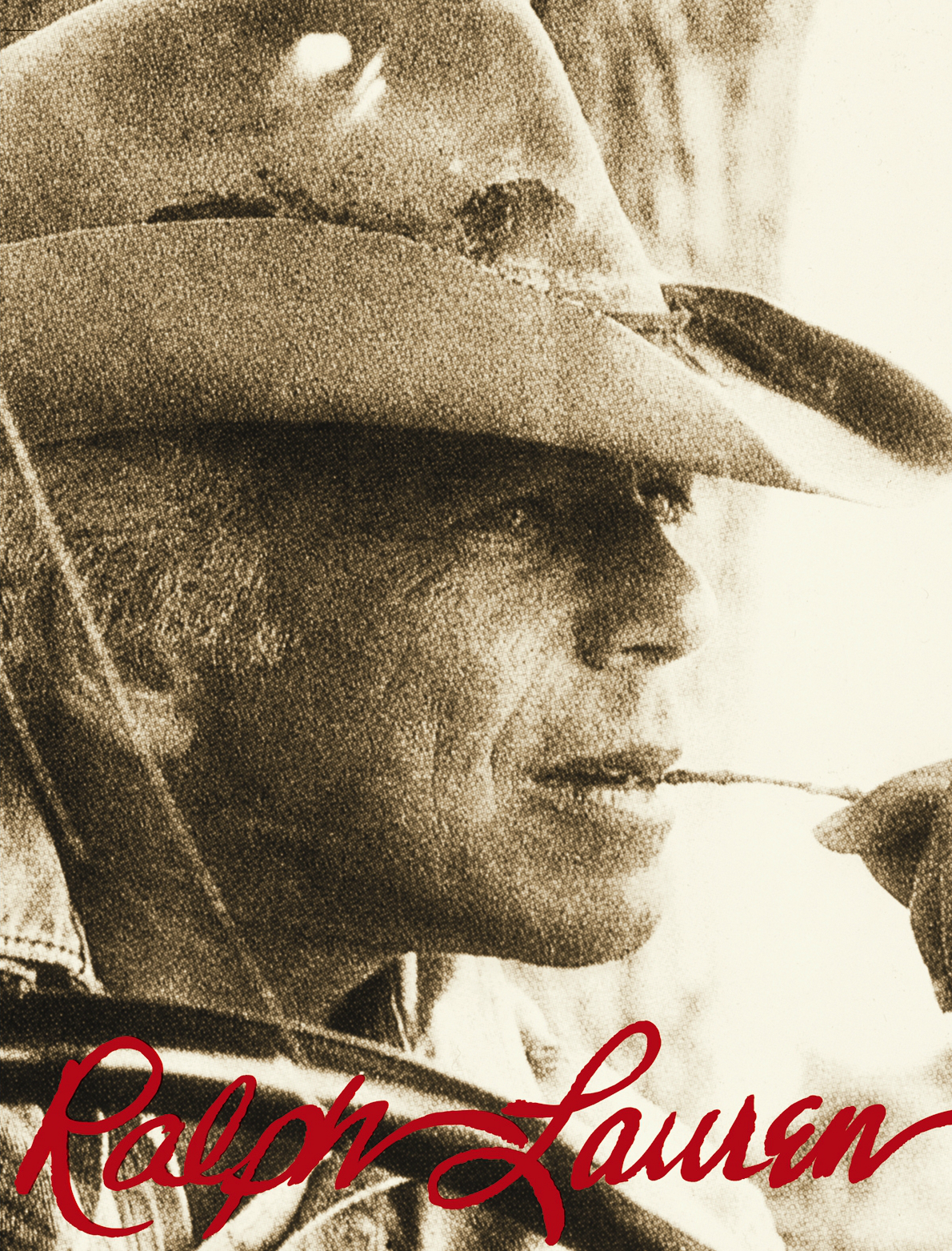
Fashion designer Ralph Lauren grew up as Ralph Lipschitz, the son of Jewish immigrant parents living in the Bronx. The idea for Polo Ralph Lauren was born when he attended a polo match as a young man and was captivated by “high society” style.
In his autobiography, he shares his personal history, the inspiration behind his work, and beautiful photographs.
This article originally appeared on Business Insider.
More from Business Insider:
More Must-Reads from TIME
- Cybersecurity Experts Are Sounding the Alarm on DOGE
- Meet the 2025 Women of the Year
- The Harsh Truth About Disability Inclusion
- Why Do More Young Adults Have Cancer?
- Colman Domingo Leads With Radical Love
- How to Get Better at Doing Things Alone
- Michelle Zauner Stares Down the Darkness
Contact us at letters@time.com